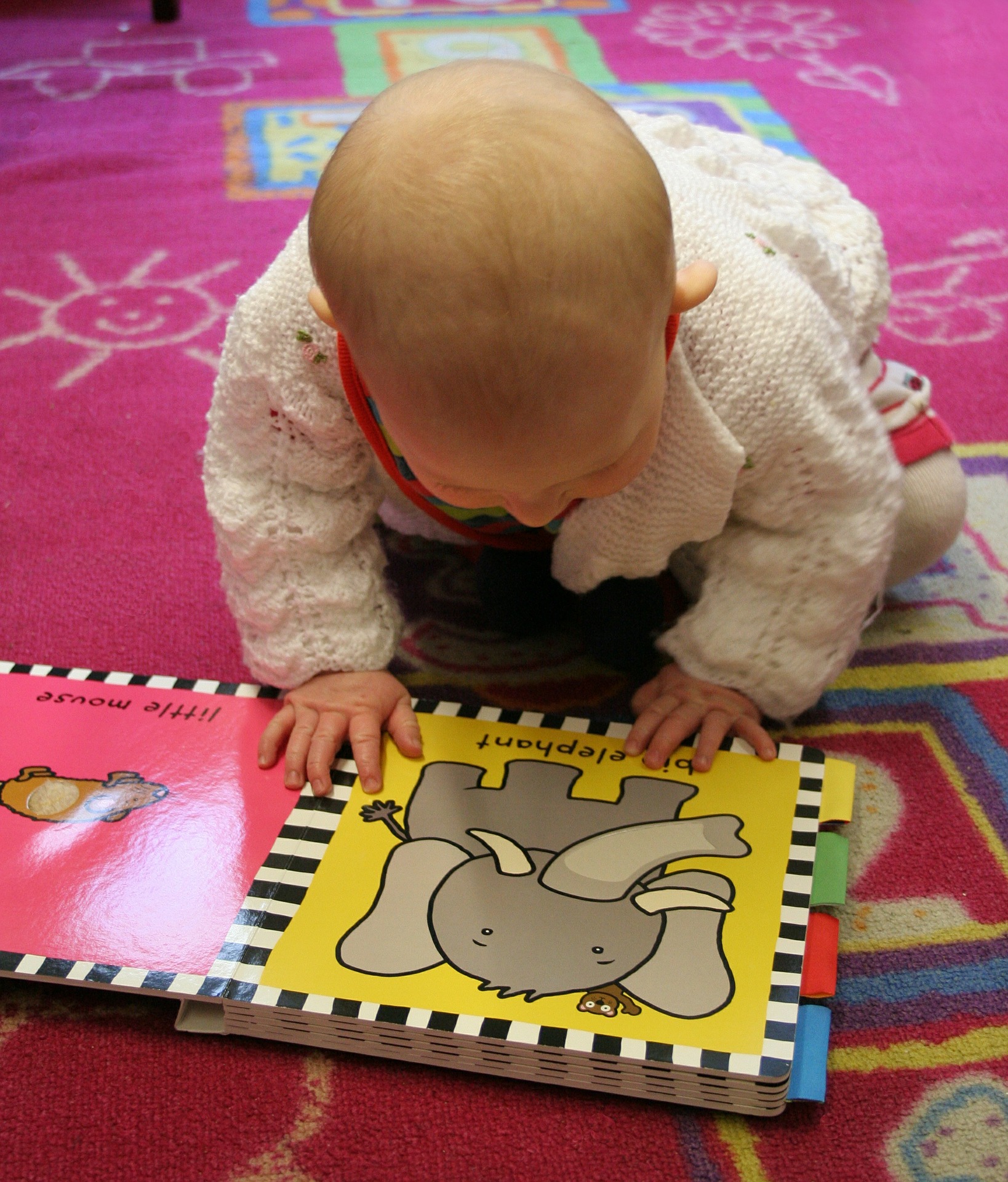Search

Research
MeaslesMeasles is a highly contagious infectious disease that can cause severe, long-term complications in children.
Research
Understanding motivation and experience in participating in a paediatric SARS-CoV-2 serosurvey, in AustraliaSerosurveys are considered as a valuable tool in estimating population immunity and infection rates but recruitment of children to provide paediatric estimates can be challenging. A novel approach of sampling children undergoing anaesthesia was utilised for a SARS-CoV-2 serosurvey in Australian children and we explore the reasons for participation, feedback on the approach and importance of research into Coronavirus Diseases 2019 (COVID-19).
Research
Beta-lactam-induced immediate hypersensitivity reactions: A genome-wide association study of a deeply phenotyped cohortBackground: β-lactam antibiotics are associated with a variety of immune-mediated or hypersensitivity reactions, including immediate (type I) reactions mediated by antigen-specific IgE. Objective: We sought to identify genetic predisposing factors for immediate reactions to β-lactam antibiotics.
Research
A collaborative approach towards prevention of otitis media in Aboriginal childrenOtitis media is very common in Aboriginal children in Western Australia and chronic ear disease causes major problems in speech and language development and education. Up until recently, most programmes dealing with the problem of OM have focused on clinical interventions rather than prevention. The Enhanced Prevention Working Group was established as part of the WA Child Ear Health Strategy (2017–2021). The Group has worked collaboratively to develop a set of recommendations for prevention of OM in Aboriginal children.
Research
A platform in the use of medicines to treat chronic hepatitis C (PLATINUM C): protocol for a prospective treatment registry of real-world outcomes for hepatitis CSafe, highly curative, short course, direct acting antiviral (DAA) therapies are now available to treat chronic hepatitis C. DAA therapy is freely available to all adults chronically infected with the hepatitis C virus (HCV) in Australia. If left untreated, hepatitis C may lead to progressive hepatic fibrosis, cirrhosis and hepatocellular carcinoma.
Research
Planning and clinical role of acute medical home care services for COVID-19: consensus position statement by the Hospital-in-the-Home Society AustralasiaDuring a pandemic when hospitals are stretched and patients need isolation, the role of hospital-in-the-home (HITH) providing acute medical care at home has never been more relevant. We aimed to define and address the challenges to acute home care services posed by the COVID-19 pandemic.
Research
SMART Work Design: Accelerating the Diagnosis of Rare Diseases in the Western Australian Undiagnosed Diseases ProgramThe accurate and efficient diagnosis of rare diseases, many of which include congenital anomalies, depends largely on the specialists who diagnose them - including their ability to work alongside specialists from other fields and to take full advantage of cutting-edge precision medicine technologies and precision public health approaches.
Research
Whole-cell pertussis vaccine in early infancy for the prevention of allergyThis is a protocol for a Cochrane Review (intervention). The objectives were to assess the efficacy and safety of whole‐cell pertussis (wP) vaccinations in comparison to acellular pertussis (aP) vaccinations in early infancy for the prevention of atopic diseases in children.
Research
Developmental outcomes following vaccine-proximate febrile seizures in childrenTo compare the developmental and behavioral outcomes of children experiencing an initial vaccine-proximate (VP) febrile seizure (FS) to those having a non-VP-FS (NVP-FS) and controls who have not had a seizure.
Research
Respiratory Syncytial Virus Vaccination during Pregnancy and Effects in InfantsA multi-country randomized, placebo-controlled trial of the safety, immunogenicity and efficacy of respiratory syncytial virus (RSV) F-protein nanoparticle vaccine was undertaken in 4,636 pregnant women and their infants. RSV F-protein vaccine was safe and immunogenic in the pregnant women inducing anti-F IgG, palivizumab-competing antibodies and RSV neutralizing antibodies that were transferred to the fetus.
